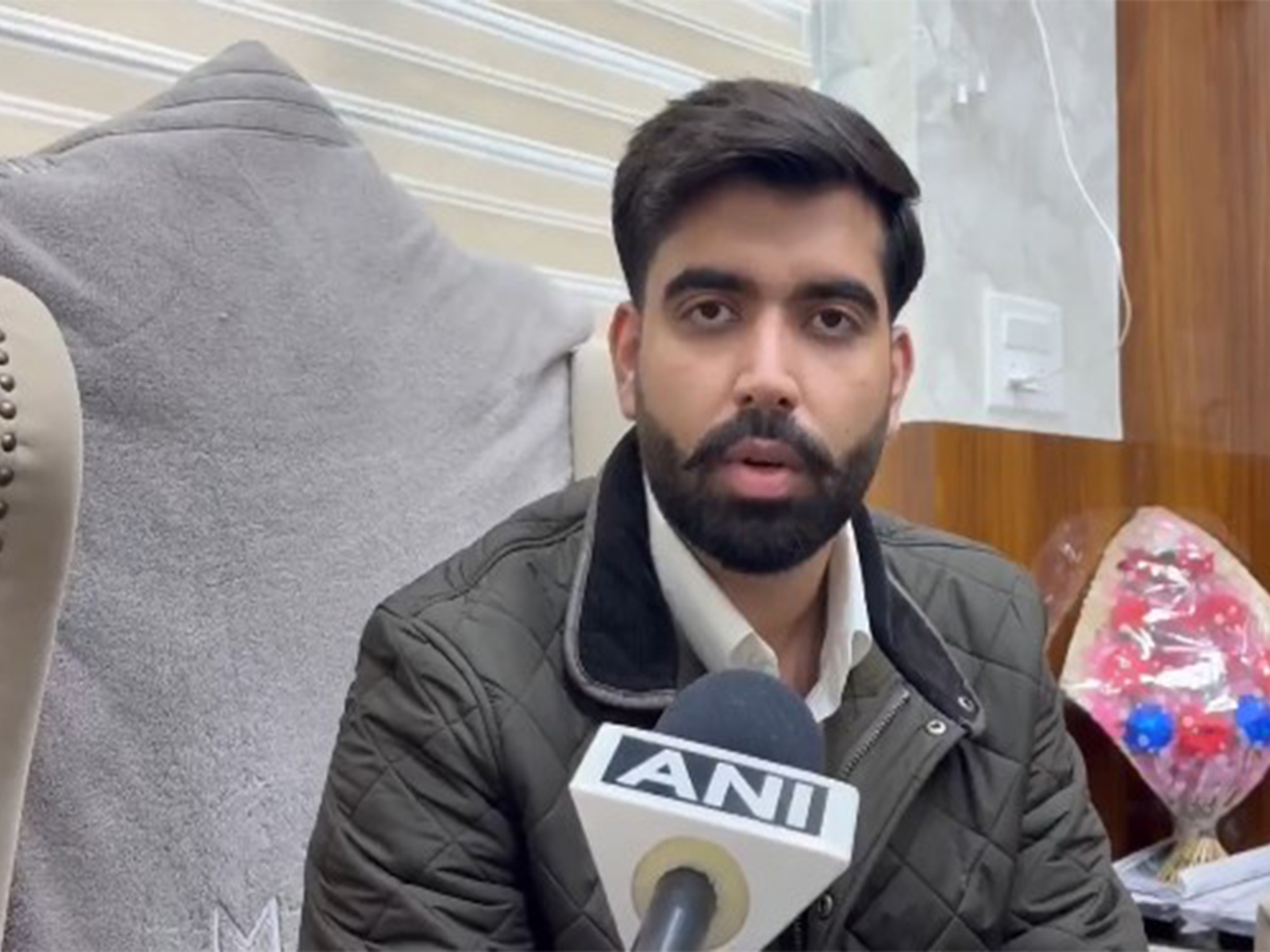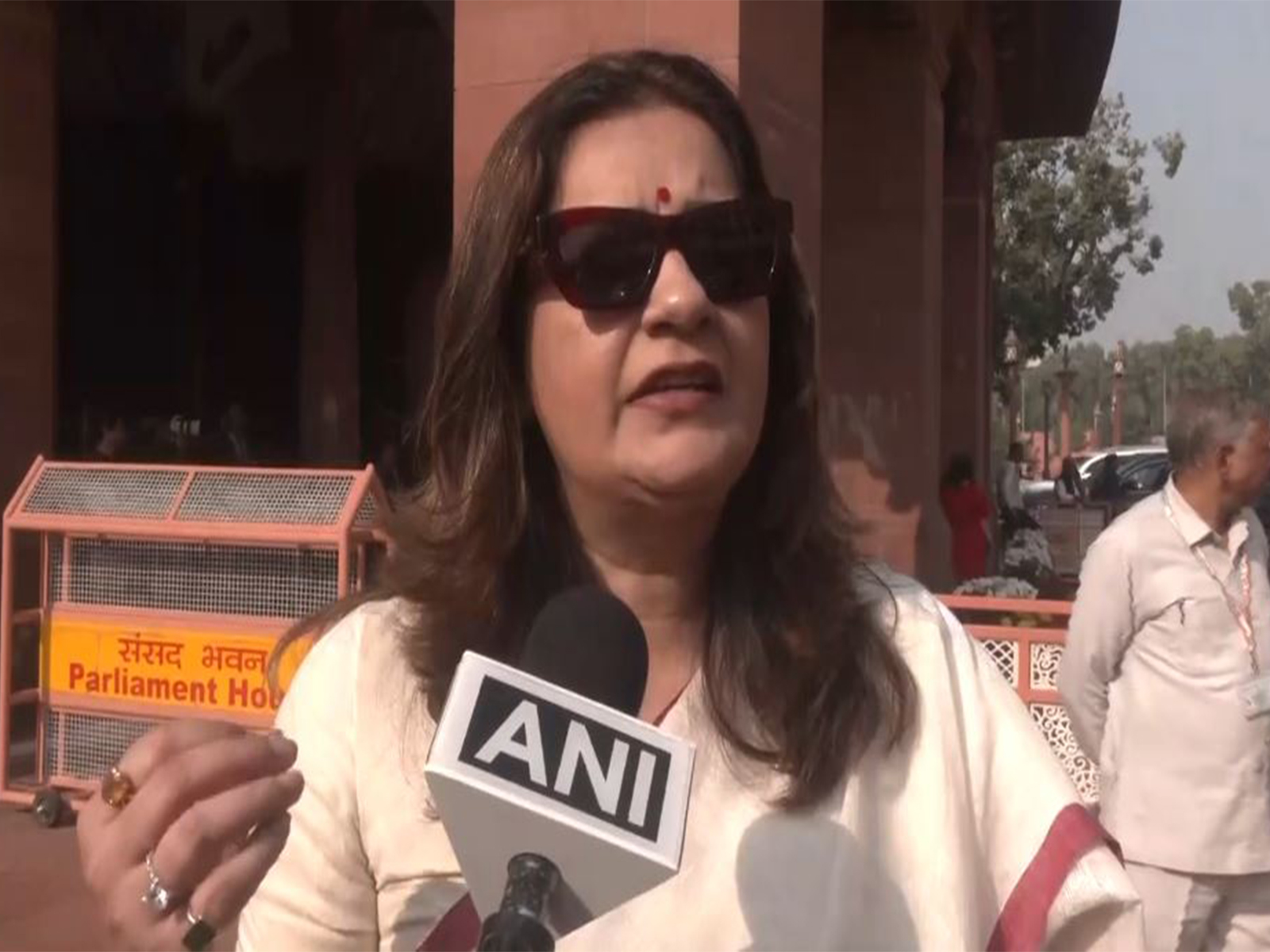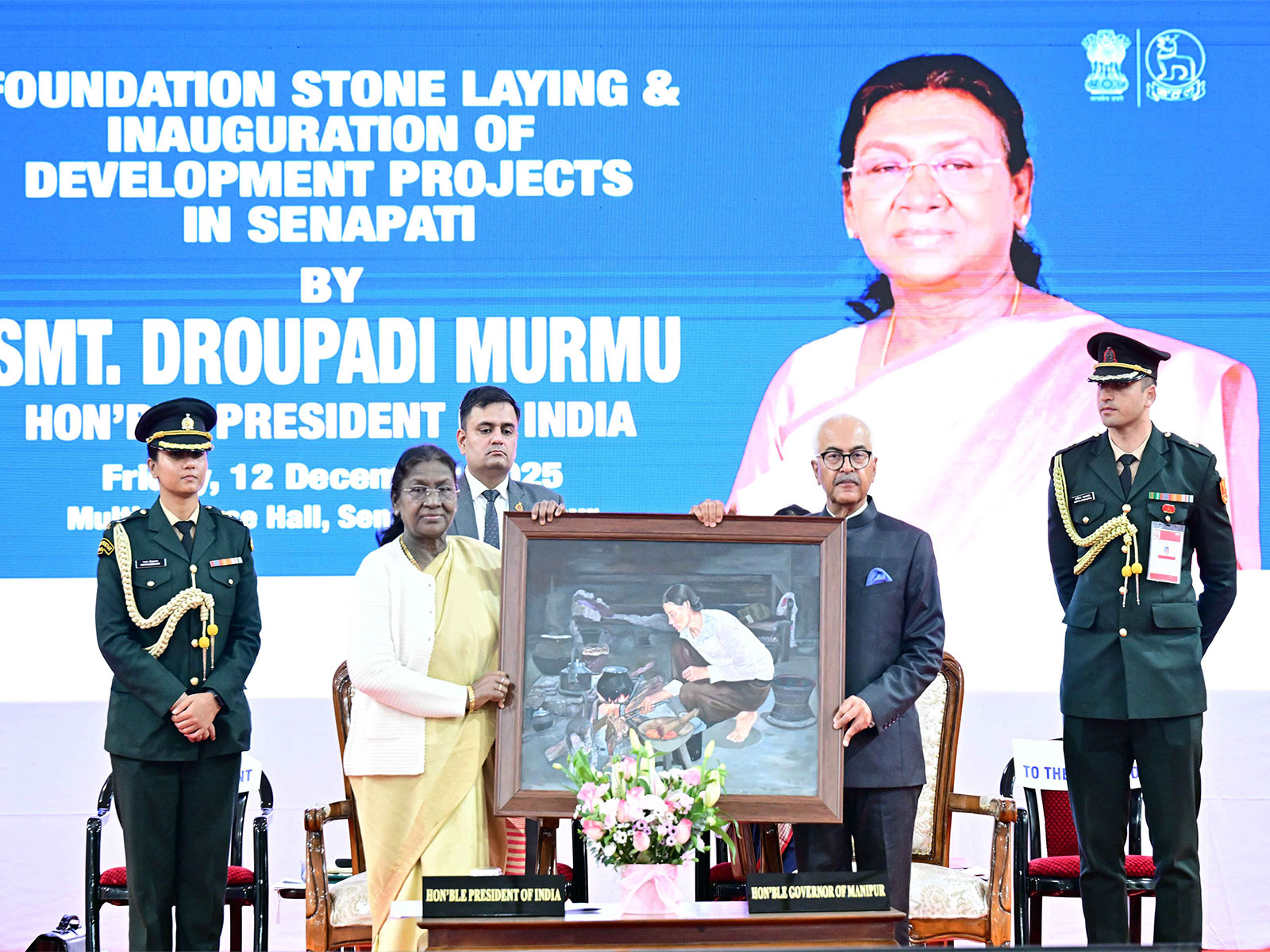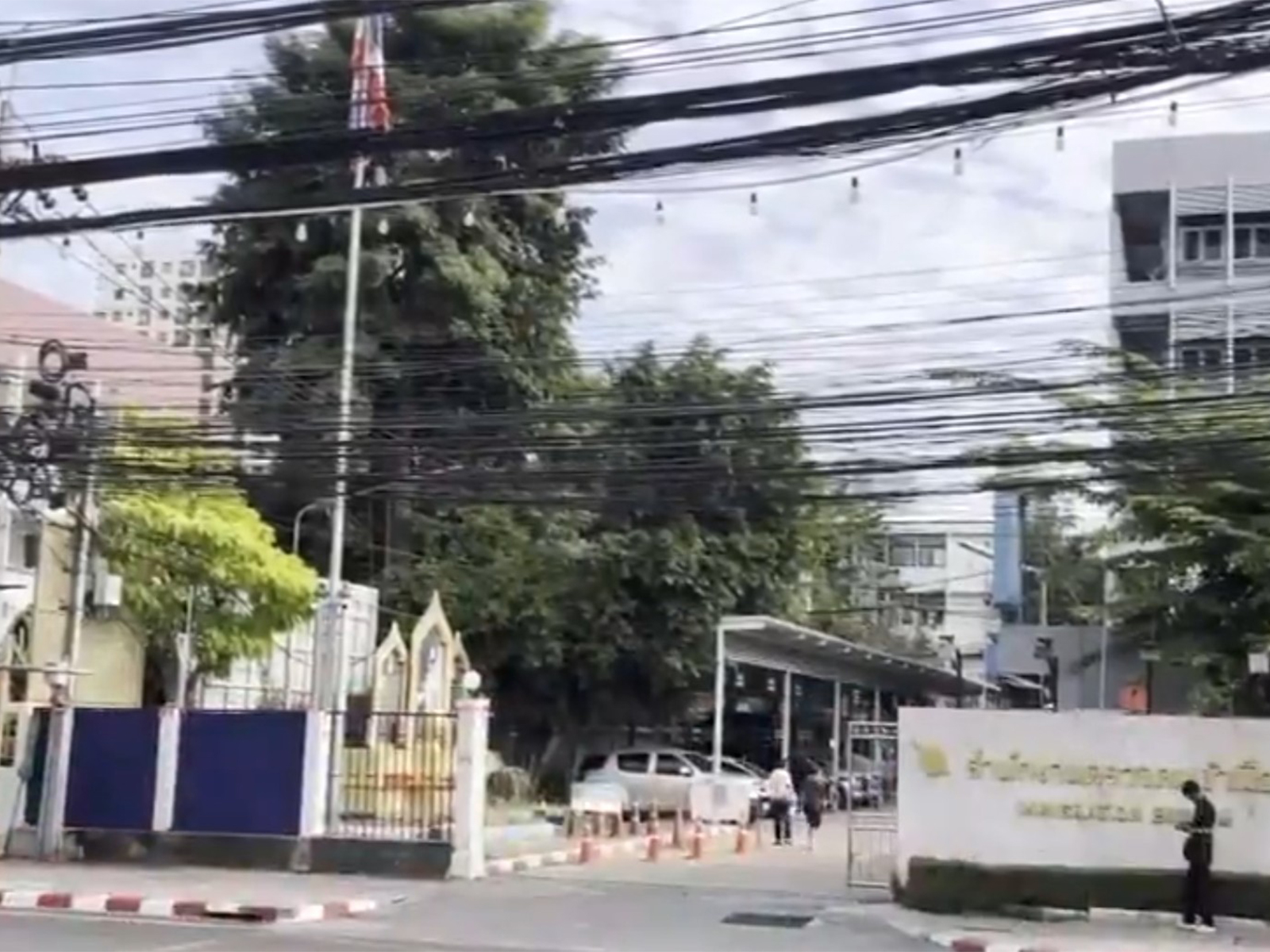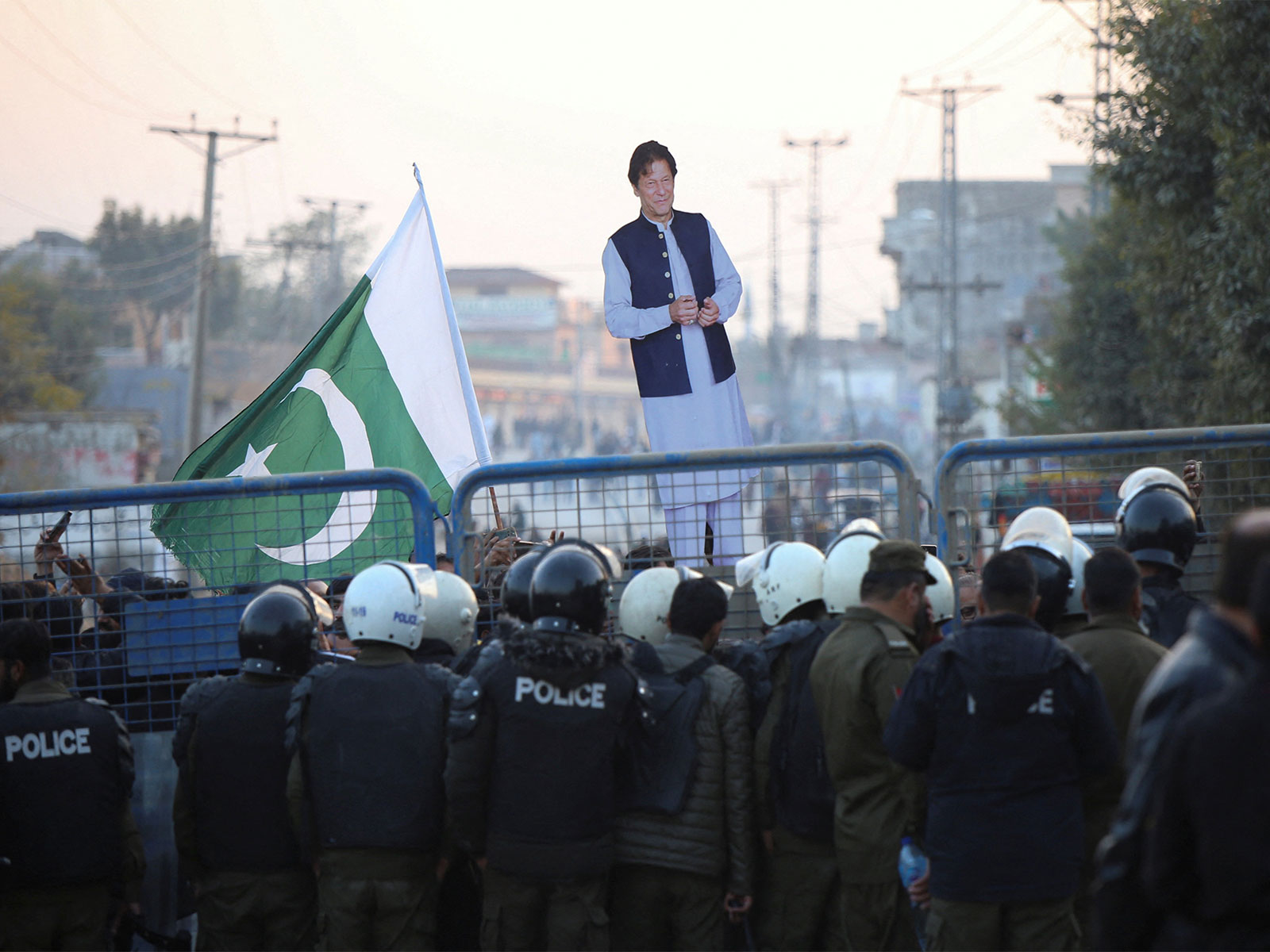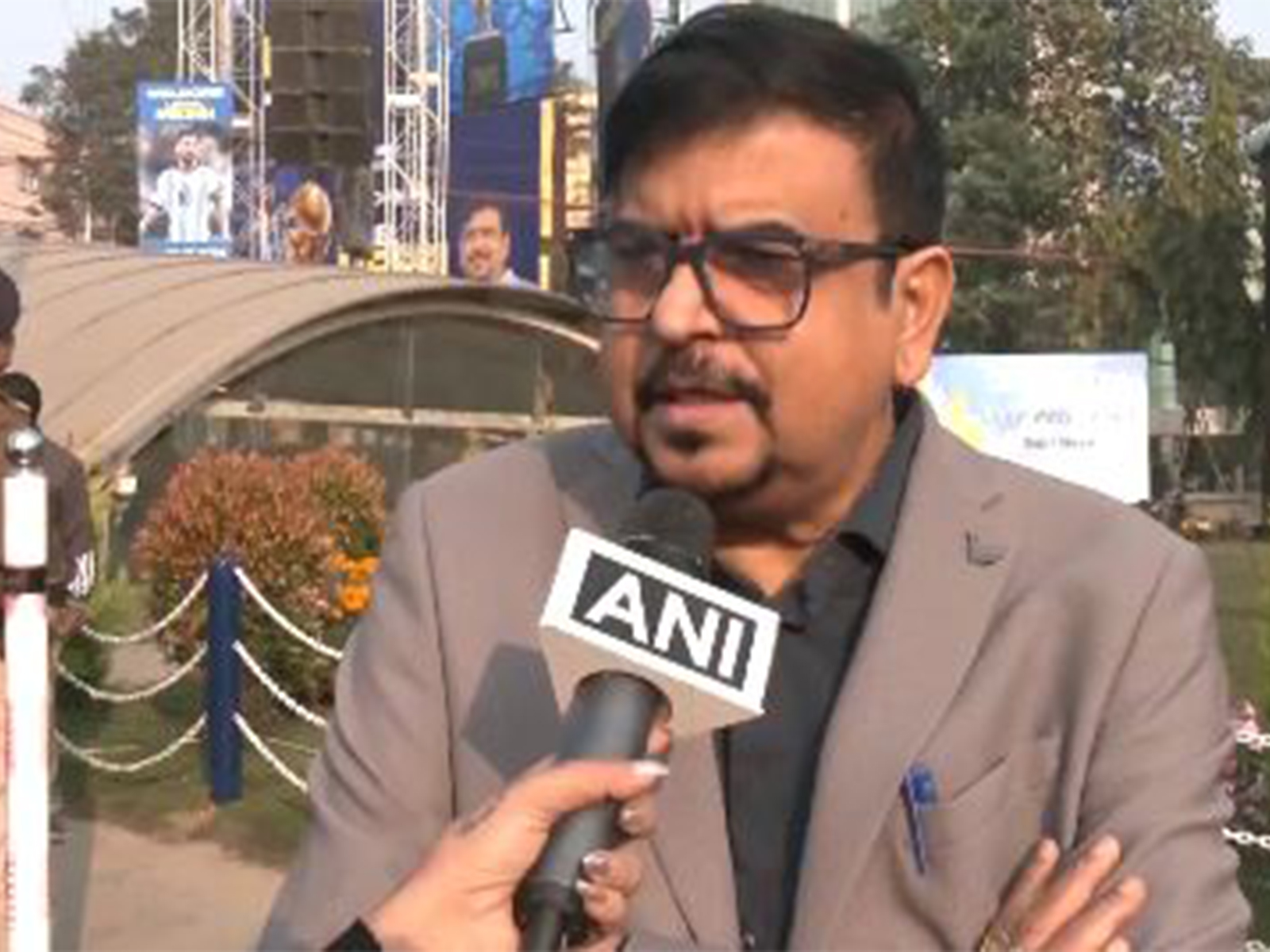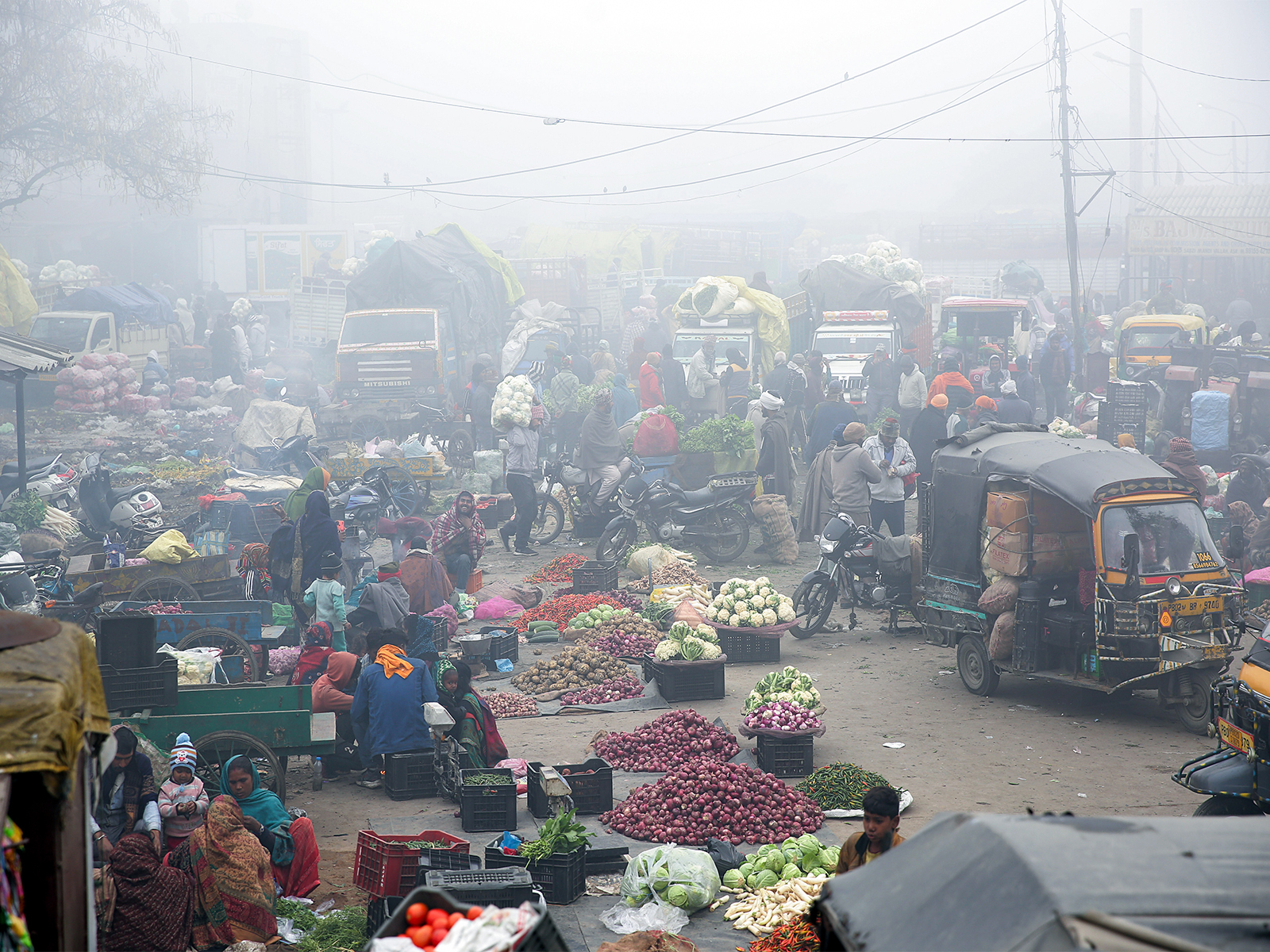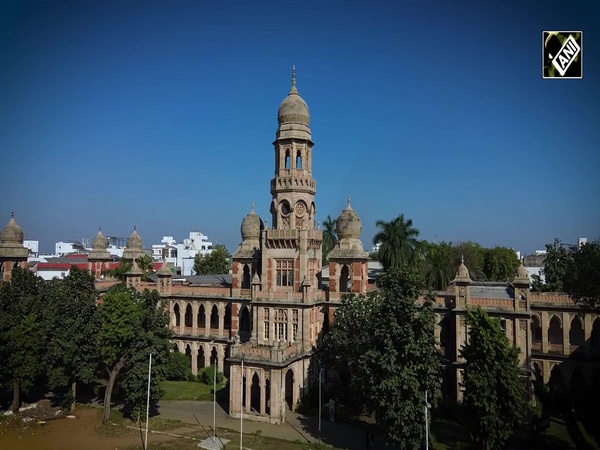Second sero-survey reveals 1 in 15 individuals aged 10 years or above exposed to COVID-19 in India by August: ICMR chief
Sep 29, 2020

New Delhi [India], September 29 : One in 15 individuals aged 10 years or above were estimated to be exposed to SARS-CoV-2 (coronavirus) by August 2020, according to the findings of India Council of Medical Research (ICMR) second sero-survey, said Dr Balram Bhargava, Director General of ICMR on Tuesday.
Dr Bhargava said that the objective of the survey was to estimate the prevalence of SARS-CoV-2 infection among individuals aged 10 years and above.
For the purpose of the survey, blood samples were collected from 29,082 individuals across the country. The survey was conducted in the same 700 villages including wards (in urban) from 70 districts from 21 states covered during the first survey. The second survey was conducted during August 17-September 22, 2020.
The ICMR scientist collected data through socio-demographic details of individuals, noted their history of respiratory symptoms and took their written informed consent and ethics clearance. At least 3-5 ml of blood sample was collected from the participant for laboratory investigations. Sera tested for IgG antibodies against SARS-CoV-2 using IgG assay.
The survey noted that the risk in urban slums was twice than that in non-slum areas and four times than the risk in rural settings.
"It was found that urban slum (15.6 per cent) and non-slum (8.2 per cent) areas had higher SARS-Cov-2 infection prevalence than that of rural areas (4.4 per cent)," said Dr Bhargava during the weekly COVID-19 media update.
The survey highlighted that adjusted prevalence among individuals aged 10 years or above was 6.6 per cent, but prevalence was not different by age group and gender. The COVID-19 prevalence in adults (>= 18 years) was 7.1 per cent.
At least 26-32 infections per reported case by August 2020 (81-130 in May 2020) - underlines the effect of scaled-up testing tracking and treating strategy, he said.
He added that "since susceptibility of a considerable section of people, yet unexposed to SARS-Cov-2 still exists, prevention fatigue to be avoided and hence 5T strategy (test, track, trace, treat, technology) to be adhered."
The survey also revealed that lower infection to case ratio in August compared to May reflects a substantial increase in testing and detection across India.
The ICMR Director-General said that lockdown/containment and behaviour change at the population level has effectively checked the potential spread of SARS-Cov-2.
ICMR Director General also highlighted the city sero-prevalence in India. "For example -Delhi had shown 23.5 % and 29.1% prevalance of infection during first and second round, Mumbai (57.8% in slums, 17.4% in non-slum), Ahmedabad (17.6%), Chennai (21.5%), Puducherry (4.9%, 22.7%) Indore (7.8%).
International figures for western countries says that USA (9.3%), Brazil (2.8%, 1.6%), Spain (4.6%) and Iran (22 %) respectively.
Dr Bhargava explained: "What is clear from second sero-survey is that we need to do serial sero-survey to find out what is happening in the country."
During May 11-June 4, the ICMR conducted its first countrywide sero-survey among adult individuals and it showed 0.73% of overall prevalence of infection.
According to Dr Bhargava, serological survey is done by collecting blood samples from general population and tested for IgG antibodies. If a person is IgG positive, it means they got exposed with SARS-CoV-2 sometime in the past.
"Serosurveys tell medical scientists what percentage of the general population has been exposed and infected by the virus. Who (age group/gender) are at higher risk of getting infection and areas (urban/rural) where containment efforts need to be strengthened," he explained.
Non-pharmacological interventions such as physical distancing, use of face mask/cover, hand hygiene, cough etiquette are still essential and should be followed, he said.
"People-centric and risk-focused interventions in urban slums, urban non-slums and rural settings to be developed and implemented. Elderly, individuals with comorbidities, pregnant women and children to be protected," said Dr VK Paul, member (health), NITI Aayog.
In the light of the upcoming festivities, winter season and mass gatherings, inventive containment strategies should be implemented by the states, he said.
